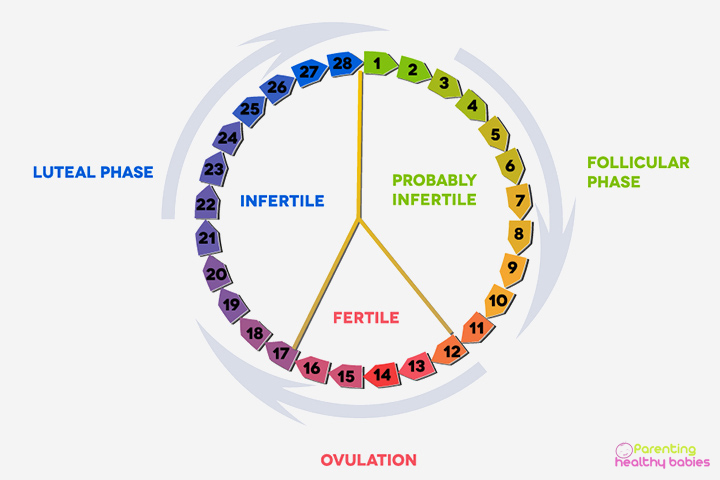Pruritic folliculitis (PF or PFP) is a relatively rare but benign skin condition in pregnancy, that occurs in about one in three thousand pregnancies, according to a review article in the American Journal of Clinical Dermatology. That being said, some experts believed that the incidence of pruritic folliculitis of pregnancy may be higher because it could be misdiagnosed as bacterial folliculitis.
The rash consists of several small red bumps (called papules) that may or may not be filled with pus (called pustules). In fact, the condition resembles acne, but the main difference is that there are no bacteria present in the bumps—in other words, the pustules are sterile and bumps are usually on the shoulders, upper back, arms, chest, and abdomen, and may be very itchy. Although, there is also research suggesting that some women may not experience any itchiness (contrary to the name of the rash).
Other conditions that may mimic pruritic folliculitis include:
- Bacterial folliculitis
- Pityriasis folliculitis
- Drug- or chemical-induced acneiform eruptions
- Some other rashes specific to pregnancy (for example, PUPP or prurigo of pregnancy)
Pruritic Folliculitis During Pregnancy: Causes,Diagnosis and Treatment
Clinical features
It typically presents as a papular dermatitis (prurigo). It resemble nodular prurigo the papules are often grouped.
They are predominately found on the extensor surfaces of the limbs and sometimes the trunk Papules are 0.5–1 cm in size.
They may or may not be centred on a hair follicle.
Some lesions have a central crust.
Wen may be seen, but blisters (vesicles) are not.
The papules are often excoriated, due to the itch.
Causes
Pruritic folliculitis of pregnancy typically develops in the second and third trimesters of pregnancy and resolves spontaneously within 2 to 8 weeks after delivery and good news is that this rash is benign, and there are no scientific reports clearly linking this rash to any adverse effects on the baby.
The cause of pruritic folliculitis of pregnancy is unknown. Some investigators believe it is caused by hormonal changes.
It doesn’t appear to be caused by abnormalities of the woman’s immune system.
Differential diagnosis
PFP must be distinguished from infectious folliculitis, acneiform disorders, HIV-associated eosinophilic folliculitis, and a drug reaction.
Diagnosis
The clinical diagnosis is based on presenting symptoms and third-trimester onset. No specific laboratory or histologic analysis can be used to make a definitive diagnosis but prurigo of pregnancy is a clinical diagnosis whereas other diagnoses not related to pregnancy should also be considered, as there are no specific diagnostic tests.
The histopathology of prurigo of pregnancy shows a non-specific dermatitis. Direct immunofluorescence is negative.
Blood tests for liver function should be done to exclude an alternative diagnosis of cholestasis of pregnancy.
Treatment
Pruritic folliculitis of pregnancy is typically treated like mild acne. Benzoyl peroxide has been used with some success, but antibiotics are not needed. Oral antihistamines are used to treat the itching. Low potency topical corticosteroids are also sometimes used, as well as ultraviolet B light therapy.
That being said, be sure to address any medications (including anything applied to the skin) with your doctor first, to ensure it is safe for the baby. Also, if the rash is not bothering you, then leaving it alone is certainly an option (and a good one), as the rash will eventually resolve on its own.
Conclusion
The boundless majority of pregnant women undergo skin changes during pregnancy, and while most are not concerning and go away after delivery of the baby, such as linea nigra, there are a select few that may pose a risk to the mother or baby. This is why it’s important to not self-diagnose a skin problem during pregnancy. Get it checked out by your doctor.
Finally, if your dermatologist does diagnose you with pruritic folliculitis of pregnancy, be assured that there are treatments available and that while potentially a nuisance, the rash will go away eventually.













